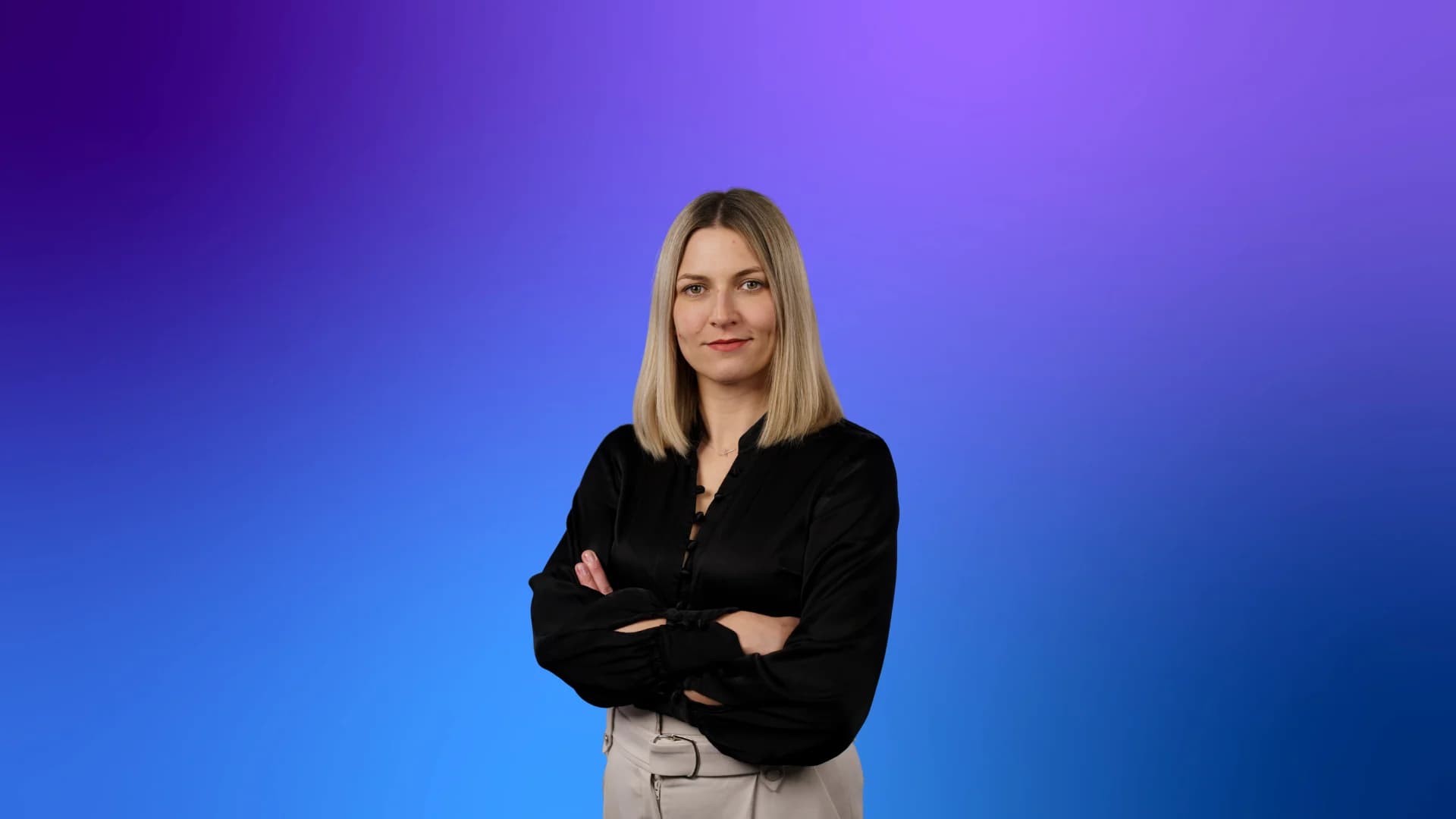
In mission critical services, how do we make 5G safer since it uses mmWave frequencies?
Additional information
from a health perspective
Chimdiebube L. asked during the live chat Working with world speed record-breaking 5G technology in Nokia to Nokia
Category: About us
Date asked: Tuesday, October 13, 2020
Last reviewed: Tuesday, August 6, 2024
Chimdiebube L.
Good evening Nokia team, great pleasure to ask one more question
Tuesday, October 13, 2020
Dariusz G.
Squad Group Leader
Hello,
That is a great question indeed especially given the media coverage of the subject. There are a couple of subjects here that need to be answer, but to briefly sum it up:
mmWave is new for telecom, but not new to the world - the same frequencies have been used for decades in other branches of industry like radars or satellite TV. After all those years there is literally zero evidence suggesting mmWaves are any more dangerous than a sub6G frequencies.
Tuesday, October 13, 2020
Dariusz G.
Squad Group Leader
Also keep in mind that due to a massive-mimo beamforming the actual amount of radiated power hitting uninvolved bystanders is much, much lower than in 4G/4,5G solutions
Tuesday, October 13, 2020
Chimdiebube L.
So from the media perspective, the mmWave frequencies have little or no effect to bystanders
Tuesday, October 13, 2020
Chimdiebube L.
Like they portray it to be
Tuesday, October 13, 2020
Dariusz G.
Squad Group Leader
We've been living with that kind of radiation for the better pat of our lives (or all our lives depending on the age) and there's no real evidence that it could be harmful to humans. That being said please keep in mind that the actual power transmitted by a BTS is typically under 100W right at the base station and dropping significantly with range. There's a standard called SAR that actually measures and points out a safe distance from anything that radiates. A separate value is given for an incidental exposure and a constant exposure. I've never seen any NOKIA's base station that would not be safe even to the person standing right next to it.
Tuesday, October 13, 2020
Kamil Z.
5G Continuous Verification Specialist
Nokia Poland - we cooperate with Universities, listen to professors voices, sceptic voices, read articles (real scientific articles), measure our signals all the times, respect regulations. Me, as a engineer spending long hours in laboratory (and as a PhD student), I feel safe and I didn't find any "real" reason to be scared.
Tuesday, October 13, 2020
Chimdiebube L.
Great to hear. I'm looking at taking certifications on 5G prior to joining Nokia
Tuesday, October 13, 2020
Chimdiebube L.
I also learnt Nokia deployed 5G in South Korea for SKT, how has been the performance and feedback from MNO (customer)
Tuesday, October 13, 2020
Mohamed H.
Digital Transformation Sales Lead
Hello Gareth, Thanks for your question, Nokia continuously investing in R&D to build the best E2E 5G networks for consumers and enterprises. We do have different types of 5G solutions that can address different 5G use cases considering their related ROI. Thanks to check more details here https://www.nokia.com/networks/5g/ and I will be interested to understand more the specific 5G use case you are referring to and its ROI to better answer your question.
Monday, November 2, 2020
Mohamed H.
Digital Transformation Sales Lead
Yes Dara, You are right! a lot of work need to be done to secure the data generated on the different 5G network layers and also securing the large number of devices (including IoT devices) that will access the 5G networks. You will find some interesting insights about 5G security in "Nokia Threat intelligence report"
https://pages.nokia.com/T005JU-Threat-Intelligence-Report-2020.html?_ga=2.263095244.1526645259.1604212809-57501092.1583408059
Monday, November 2, 2020
Kamil Z.
5G Continuous Verification Specialist
Hi Ipsit S.,
It depends on the team you work for ;)
There are many departments and teams within 5G. If you are interested in "5G wireless" I can say something about my department - RRM (Radio Resource Management).
And my work is:
- more less 50% remotely
- feature I am in charge of, online meetings with developers, specifications etc...
- sometimes in laboratory with test base stations and various 5G phones (prototype and production devices)
- tests projecting, test plan writing, test execution, test environment building
- handling many small and big issues (software bugs, phones problems, environmental issues...)
So: working with software, hardware, test ware, and other teams.
I simply like it ;)
Wednesday, February 17, 2021
This discussion is closed, so no new comments can be added.